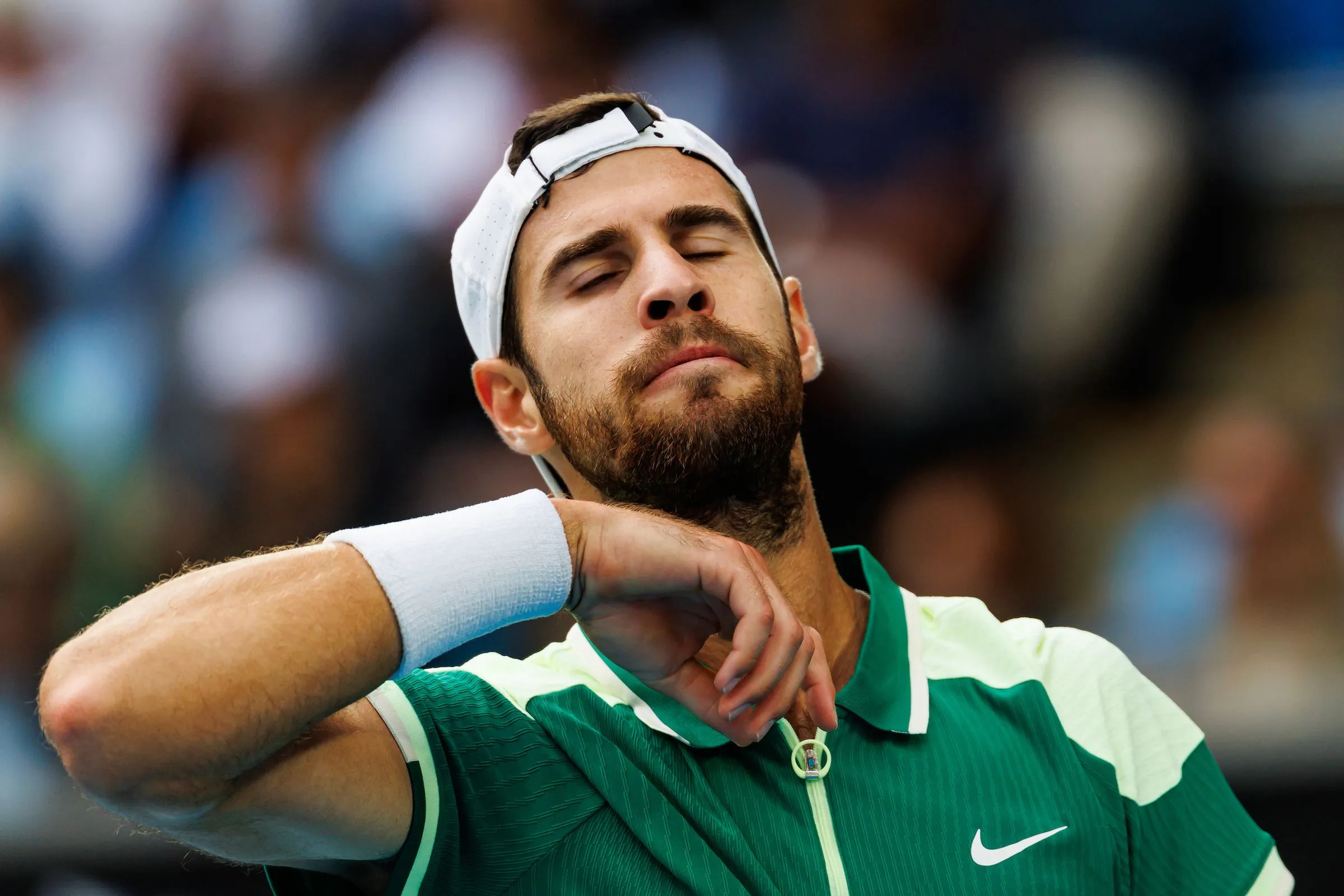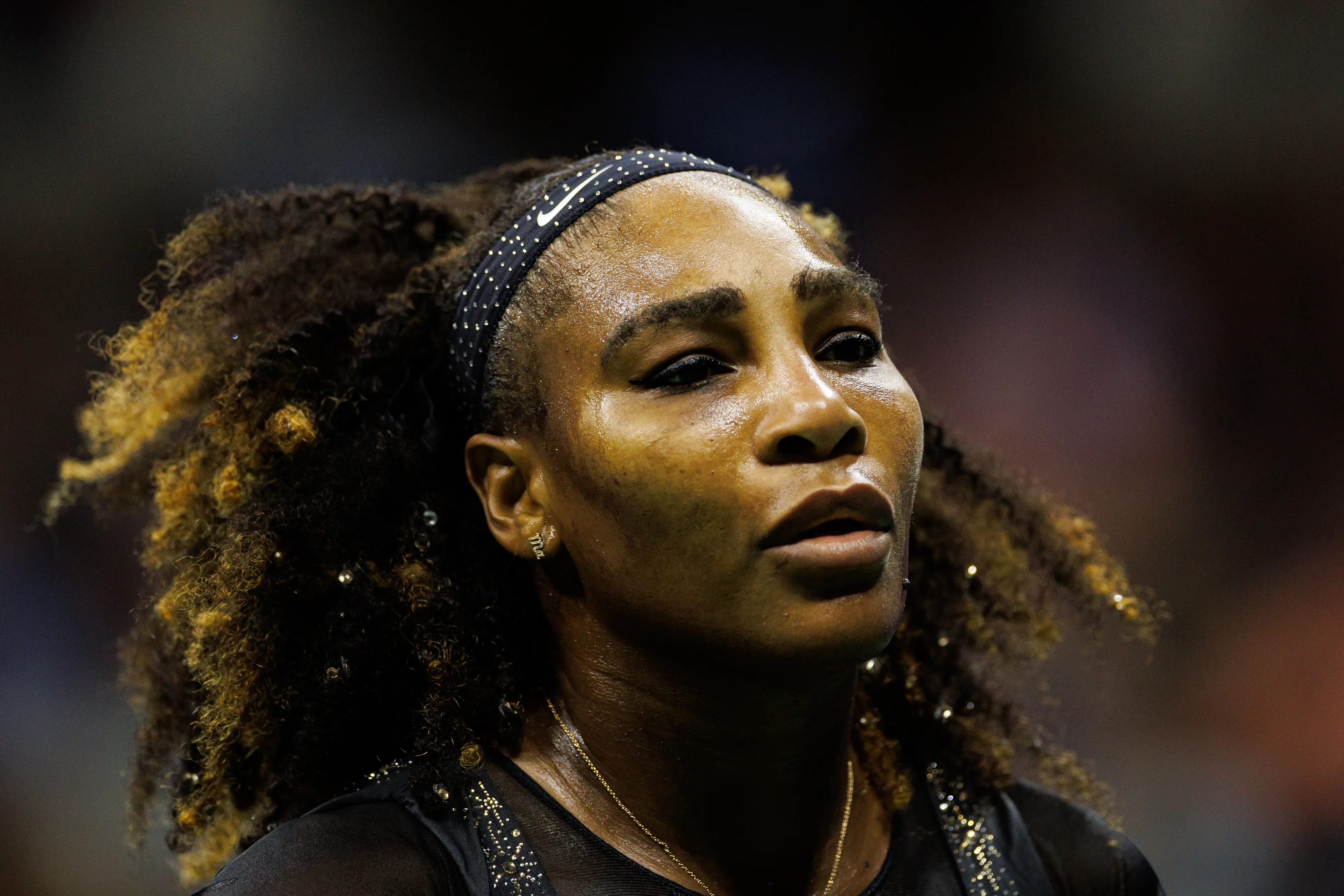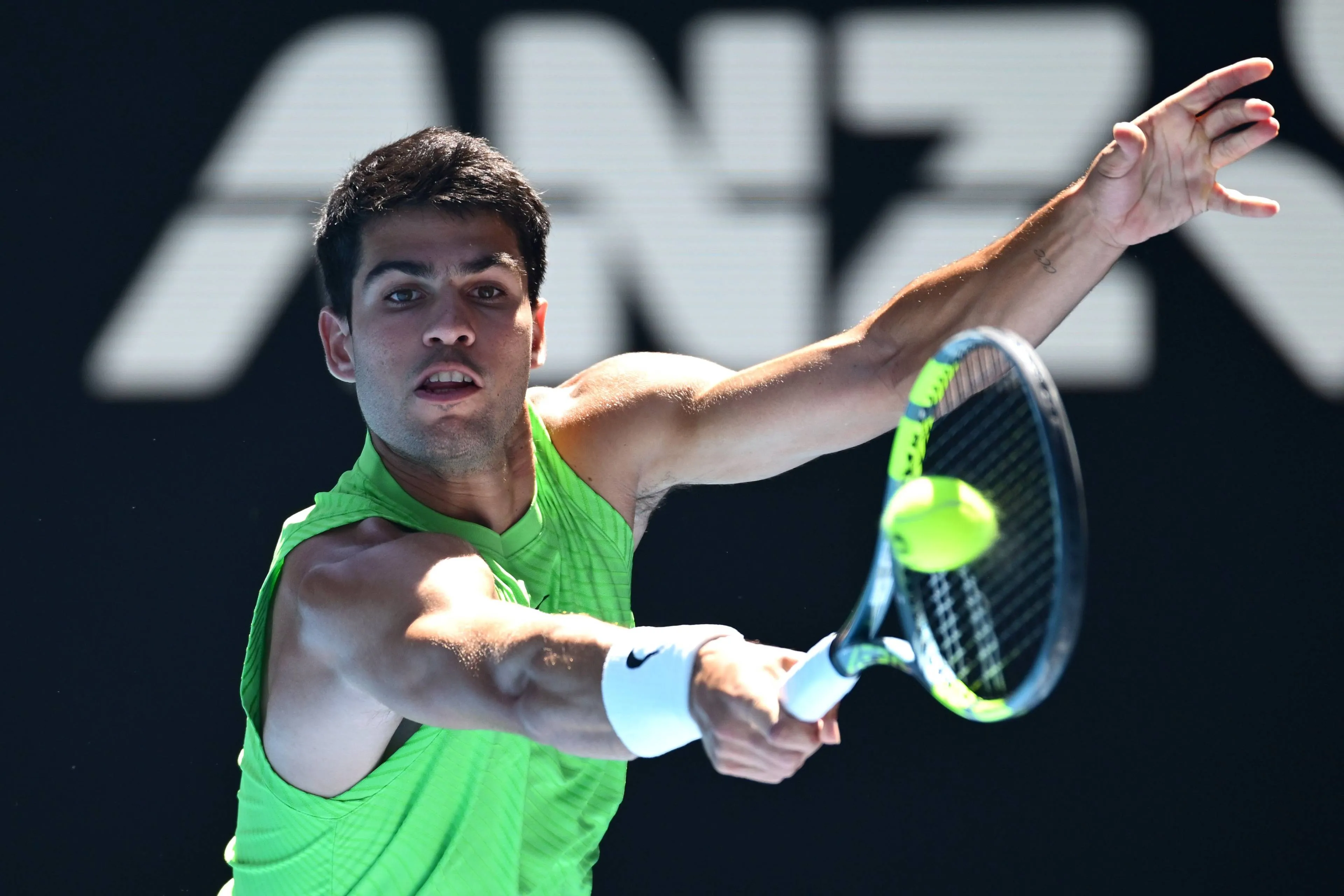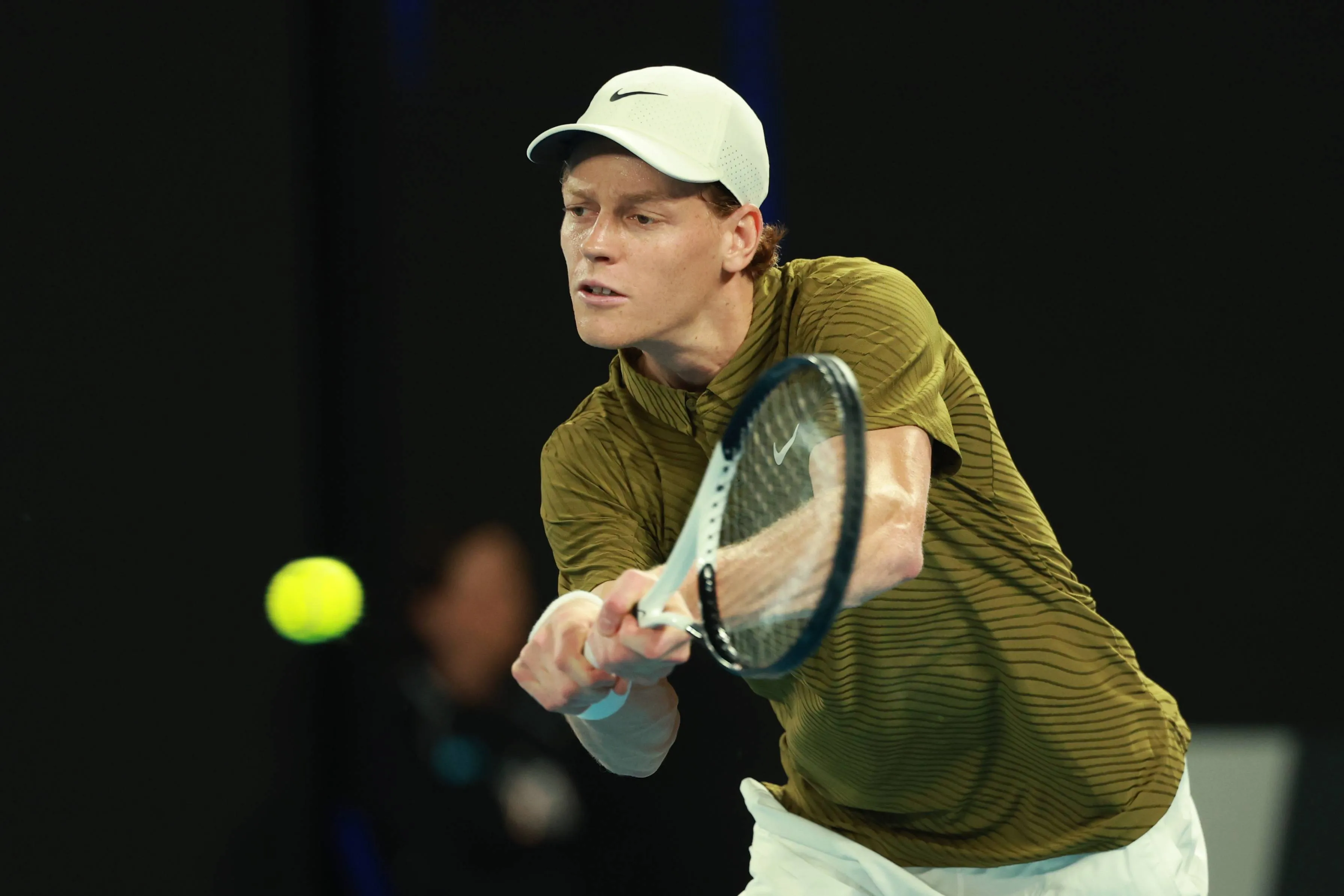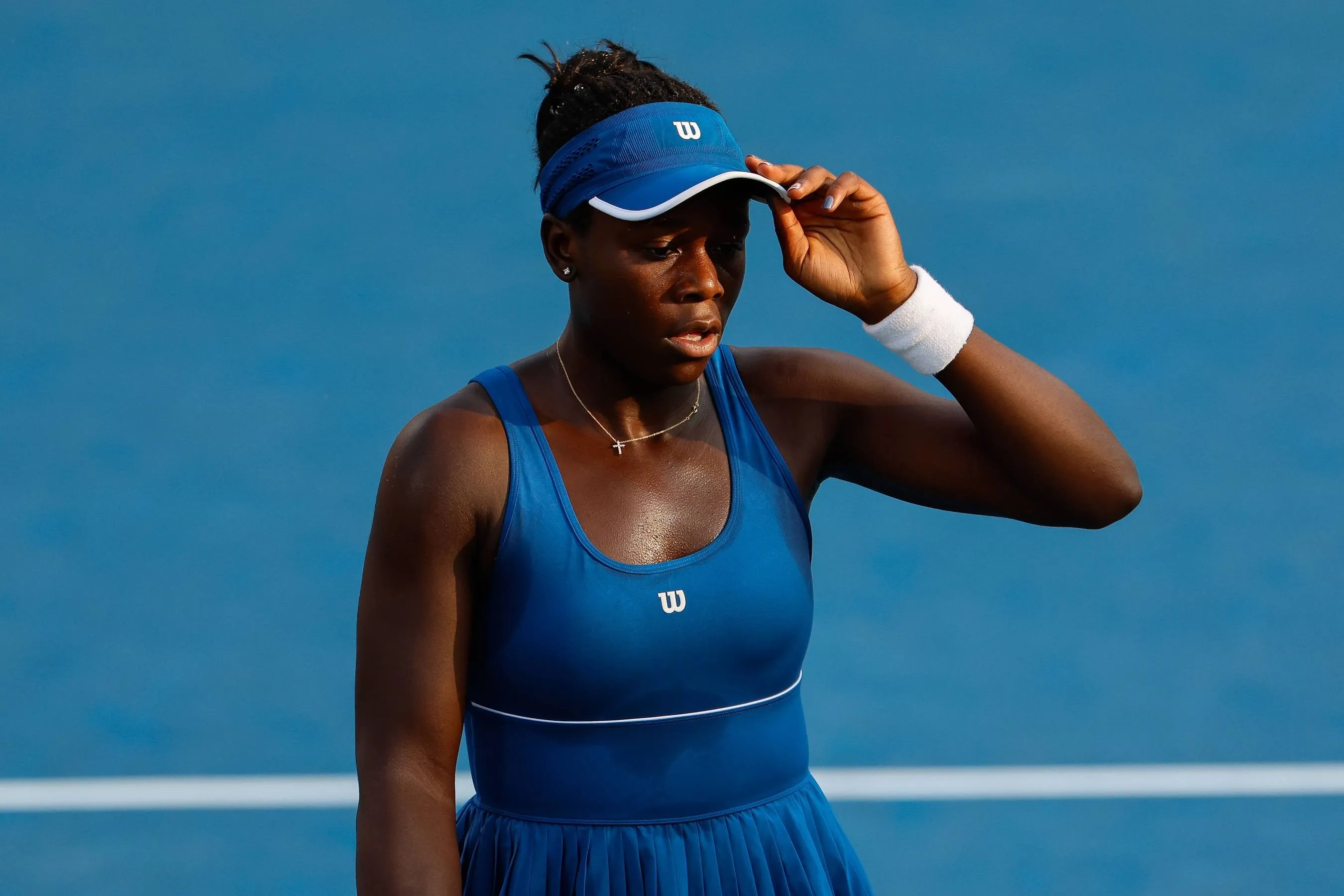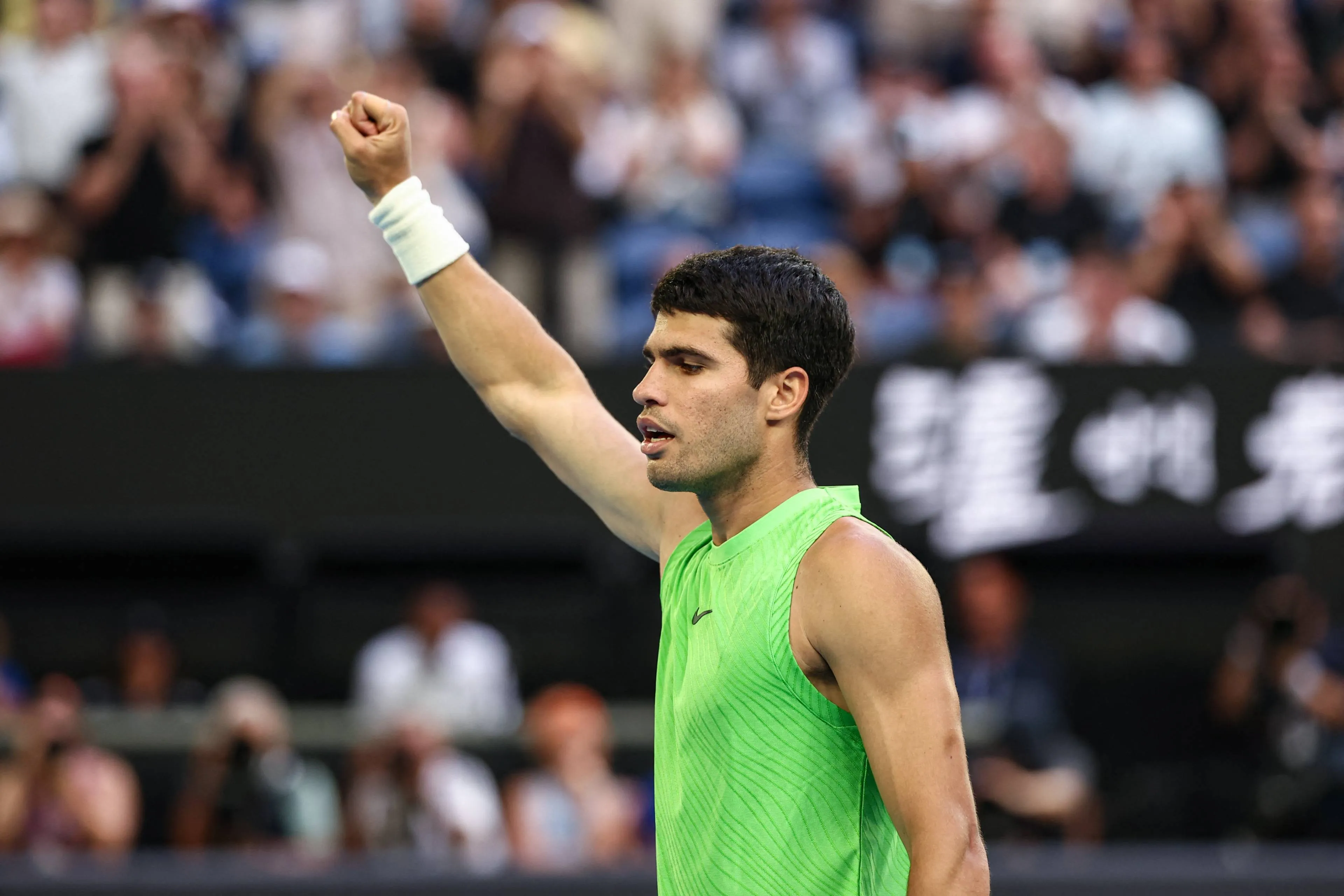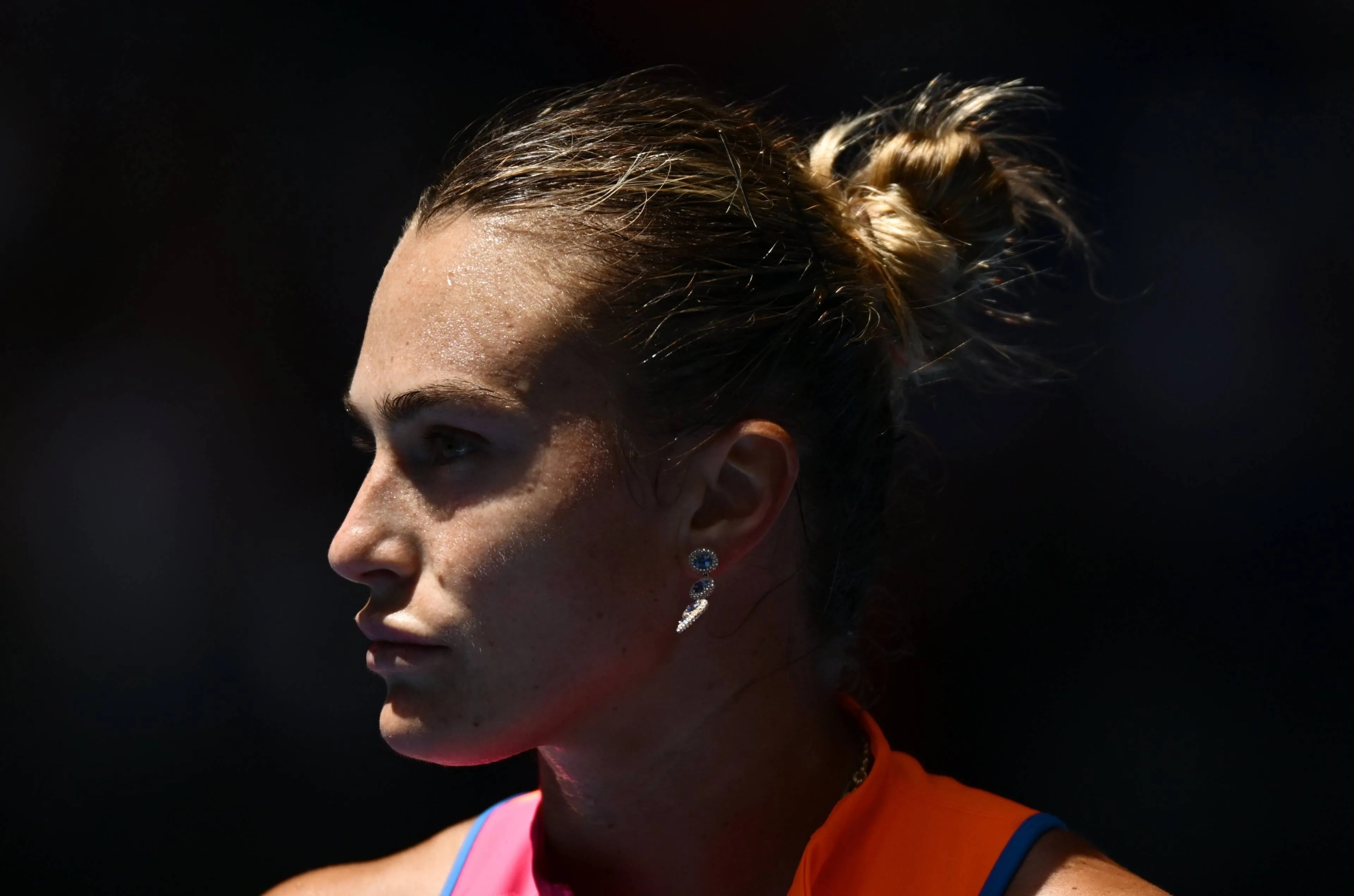'I Was Accused Of Crying During Matches': Swiatek On Becoming Mentally Strong
WTATuesday, 25 June 2024 at 17:00
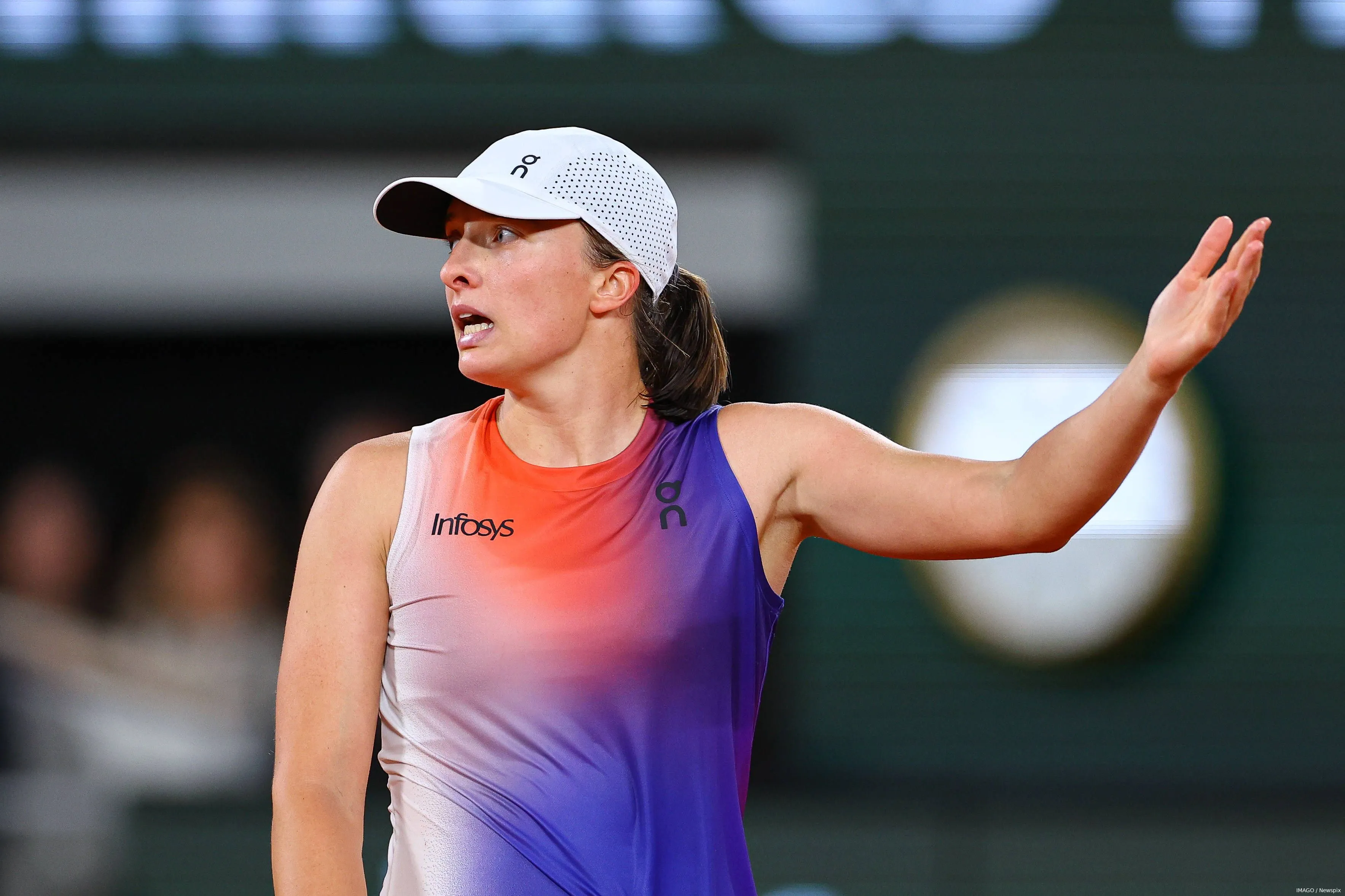
Iga Swiatek recently reflected on her journey from being a player who wasn't considered mentally tough to becoming almost a robot on the tennis court.
In 2021, the young Pole played against Maria Sakkari at the WTA Finals in Guadalajara. She wasn't playing very well and, at one point in the match, started crying as the match was going on.
Her Greek opponent warmly embraced her after the match, but after seeing that, it didn't really seem that Swiatek could dominate the Tour in only a couple of years.
As unlikely as it looked based on the mental aspect, that's exactly what happened because she has been dominating the Tour for a very long time now. Swiatek recently won her fifth Grand Slam trophy at Roland Garros, and she did it by playing like a machine - cold and precise.
She's just very tough and never seems overwhelmed by the situation, which she's worked towards becoming. In a recent talk with Zwierciadio, the 23-year-old admitted that she did a lot of work to become that kind of player, and it certainly didn't happen overnight.
Read also
"Three or four years ago I was called very emotional, I was accused of crying during matches. Today, I am considered a model of mental toughness on the court and I am not afraid to say that this opinion is well-deserved. I know how much work goes into it - my own work and that of Daria. It didn't happen overnight..."- Swiatek on becoming mentally tough
It was an impressive transformation in many ways, and it happened gradually. Swiatek still gets nervous and frustrated during matches, but she's far better at handling those moments than earlier in her career.
She's matured greatly as a player and will only improve in the coming years. Now, she will try to succeed at Wimbledon next, an event where she hasn't really shined that brightly before, and the techniques she learned may help her to achieve that.
"First I learned to recognize, name and express my emotions. Then identify sources. At the same time, Daria and I were constantly looking for optimal tools that would allow me to achieve the level of stimulation and stress that works for me. Because it's not like I want to reduce the tension to zero. I need it on the court to achieve a high level of sports."
Read also
Loading
